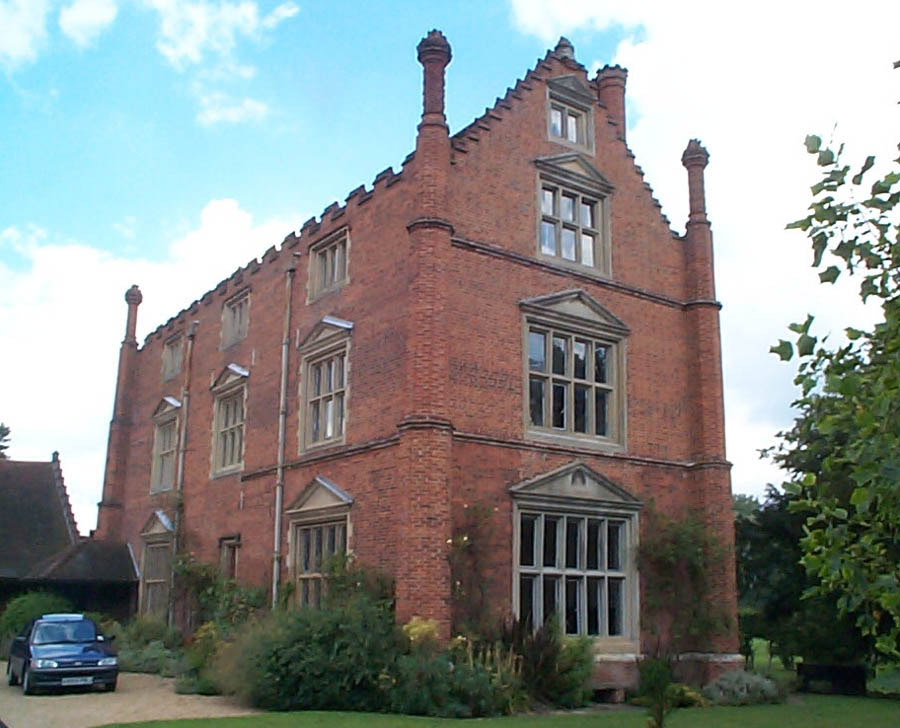|
John Suckling (politician)
Sir John Suckling (1569 – 27 March 1627) was an English politician who sat in the House of Commons at various times between 1601 and 1627. Suckling was the son of Robert Suckling, mayor of Norwich and MP for the city's constituency between 1571-1572 and 1586-1588, and his wife Elizabeth Barwick, daughter of William Barwick. He entered Gray's Inn on 22 May 1590.Dictionary of National Biography He was elected Member of Parliament for Dunwich in 1601. In 1602, he was acting as secretary to the Lord High Treasurer, Sir Robert Cecil, and in December 1604 he became receiver of fines on alienations, in succession to Sir Arthur Aty. In 1614 he was elected MP for Reigate. He was knighted by James I at Theobalds on 22 January 1616. In February 1619 he became a Master of Requests, and, in 1622, he was appointed comptroller of the royal household, "paying well for the post." Suckling had become wealthy and accumulated manors, fee-farms, and advowsons in various parts of the ... [...More Info...] [...Related Items...] OR: [Wikipedia] [Google] [Baidu] |
House Of Commons Of England
The House of Commons of England was the lower house of the Parliament of England (which incorporated Wales Wales ( cy, Cymru ) is a Countries of the United Kingdom, country that is part of the United Kingdom. It is bordered by England to the Wales–England border, east, the Irish Sea to the north and west, the Celtic Sea to the south west and the ...) from its development in the 14th century to the union of England and Scotland in 1707, when it was replaced by the House of Commons of Great Britain after the 1707 Act of Union was passed in both the English and Scottish parliaments at the time. In 1801, with the union of Great Britain and Republic of Ireland, Ireland, that house was in turn replaced by the House of Commons of the United Kingdom. Origins The Parliament of England developed from the Magnum Concilium that advised the English monarch in medieval times. This royal council, meeting for short periods, included ecclesiastics, noblemen, and representatives of th ... [...More Info...] [...Related Items...] OR: [Wikipedia] [Google] [Baidu] |

